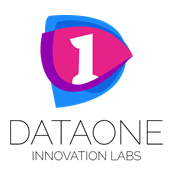In this application, hotels can undertake planning on the basis of predictions of demand.
In a weaker season or in a sudden drop in a normally steady period, prices can be optimized to attract guests. At the other end, from the perspective of travellers, they can make use of price predictions when making bookings. Overall, hotels will be able to prepare better to serve guests by predicting their preferences. This can be used to sell the right products and services to the right customers at the right time.
Prediction of customer behavior in the online industry
Behavior of customers can be predicted by looking at past trends and predicting when a customer/customer segment who made a purchase in the past will do so again in the future. This can be followed up with appropriate advertising which can be a high-value investment. Using Decision Tree statistical models, one project used click streams and mouse movements to predict whether customers would buy products they had added to their shopping cart. Another study observed that customers who look to purchase over the long term click through more content and to save the content. This study discovered that signals of a purchase were available weeks before the purchase.
Predicting social trends for governmental decision making
Every government agency uses data to make decisions. Most of the time, the analysis of the data does not generate useful observations when they could have been applied in an useful fashion. At present, predictions are available in the form of results from studies that are used to make calculated assumptions. With a powerful platform, all future expectations can be double-checked or even based totally on the capability of machine learning. The most important aspect in such an implementation will be the speed with which the platform can deliver its findings. This can help remove totally and completely the slow pace of decision making and implementation that governments are burdened with.
